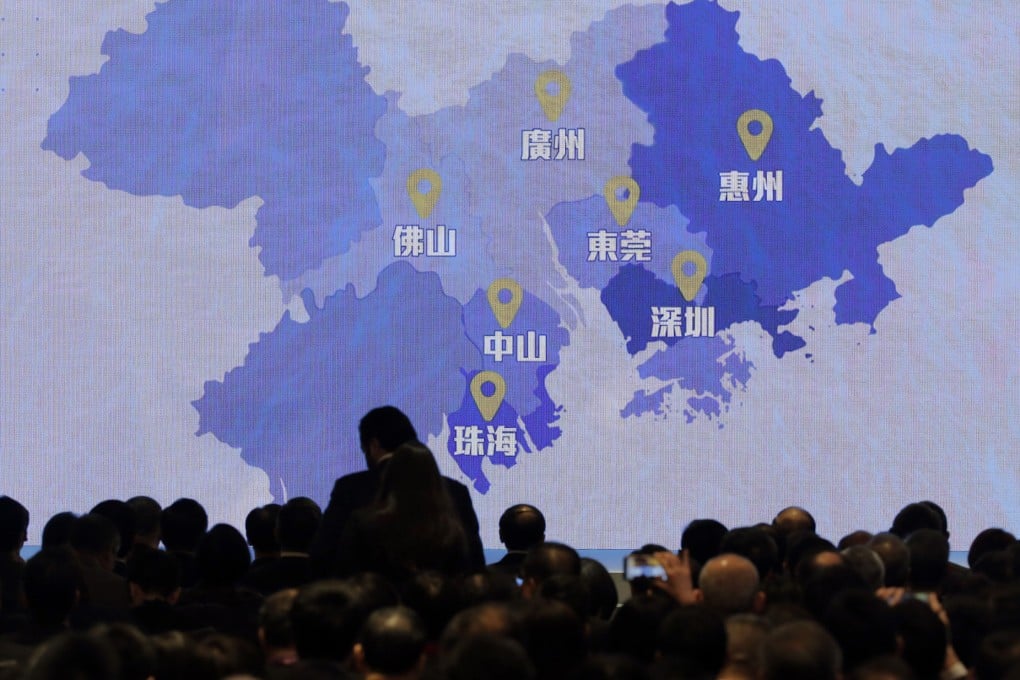Advertisement
Wealth Management Connect: higher investment quota, greater choice are key to improving bay area’s cross-border scheme
- Many investors want the cap on individual investments raised by at least five times from the current 1 million yuan (US$140,528)
- The first cross-border scheme tailor-made for the 11 cities of the Greater Bay Area will mark its first anniversary on October 19
Reading Time:3 minutes
Why you can trust SCMP

Investors and fund managers want to see an increase in the individual investment quota, a wider choice of products and more financial firms joining the Wealth Management Connect scheme, according to industry players.
The first cross-border scheme tailor-made for the 11 cities of the Greater Bay Area is marking its first anniversary on October 19.
It allows 24 Hong Kong banks, including HSBC, Standard Chartered and Bank of China (Hong Kong), to sell investment fund products to the residents of bay area cities through their mainland banking partners. Mainland investors can trade Hong Kong and Macau products through these banks too.
Advertisement
As of the end of August, the scheme had attracted just over 35,000 investors who had made investments worth 1.37 billion yuan (US$1.51 billion), according to data from the People’s Bank of China’s Guangzhou branch.
“The majority of people who have invested in the Wealth Management Connect scheme over the past year saw their investment return reaching 4 per cent or above,” said Daniel Chan, head of Greater Bay Area for HSBC.
Advertisement
“Many of them would like to see the individual quota increase so as to allow them to invest more under the scheme.”
Advertisement
Select Voice
Choose your listening speed
Get through articles 2x faster
1.25x
250 WPM
Slow
Average
Fast
1.25x